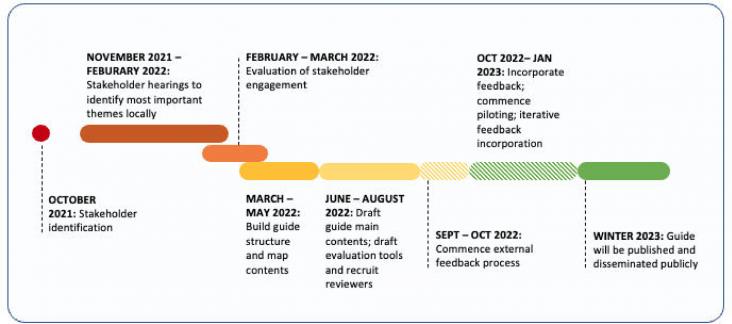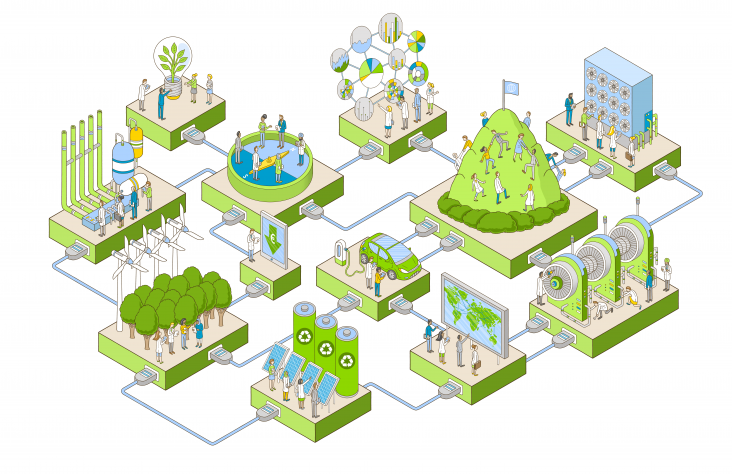Food insecurity is a significant public health problem for Indigenous peoples in Canada. According to the authors, a comprehensive literature review was needed to organize the evidence according to the 4 pillars of food security (i.e., availability, access, utilization, and stability) and identify gaps in the published literature on this topic. Evidence from the identified studies indcated that all dimensions of food security among Indigenous peoples in Canada have been impacted. Lack of availability of both traditional and market foods is highlighted among Inuit and First Nation communities. Economic disadvantages, high food prices, and lack of access to transportation are major factors affecting the accessibility pillar of food security. Major factors affecting the utilization pillar of food security are the loss of traditional knowledge and skills, lack of knowledge on market foods, low quality of market foods, and food safety issues. Climate change has affected all 4 pillars of food security among Indigenous peoples. These findings suggest that resolving food insecurity issues among Indigenous peoples in Canada, especially those living in remote communities, requires a culturally specific integrated approach targeting food availability, food cost, food knowledge, food safety, and food quality.
This report supports SDGs 3 and 13 by monitoring and evaluating the effects of climate change on health in Europe, and the benefits to health of climate action. By tracking 33 indicators in a variety of domains, the report shows that climate-related health risks in Europe are accelerating, and current adapation and mitigation strategies are insufficient. Ambitious strategies are required to prevent worsening harms to human health.
This report supports SDGs 3 and 13 by examining the health effects of climate change globally. It notes the severe harms and health risks being caused by climate change around the world, such as increased extreme weather events, heatwaves, spread of infectious diseases, and threats to food security. It notes the critical need for long-term emissions reduction policies, with a move away from fossil fuels to clean energy sources.
This Article supports SDGs 3 and 13 by using credible climate and population projections to estimate future heatwave-attributable deaths under different emission scenarios and to explore the drivers underlying these patterns of changes in China.
Bay of Bengal (BoB) has immense significance with respect to ecological diversity and natural resources. Studies on microbial profiling and their functional significance at sediment level of BoB remain poorly represented. Herein, we describe the microbial diversity and metabolic potentials of BOB deep-sea sediment samples by subjecting the metagenomes to Nanopore sequencing.

Climate justice and health education can address the disproportionate health impacts of climate change on minoritized communities by providing frameworks to build awareness and instigate action on climate-related health inequities.
Elsevier,
Sarah Perkins-Kirkpatrick, Donna Green, Chapter 2 - Extreme heat and climate change, Editor(s): Yuming Guo, Shanshan Li, Heat Exposure and Human Health in the Context of Climate Change, Elsevier, 2023, Pages 5-36, ISBN 9780128190807, https://doi.org/10.1016/B978-0-12-819080-7.00006-9.
This chapter advances the UN SDG goals 11 and 13 by providing an introduction to climate change and how it drives extreme heat
Elsevier,
Visualization Techniques for Climate Change with Machine Learning and Artificial Intelligence, 2023, pp 377-399
This chapter advances the UN SDG goals 9 and 13 by discussing the potential of AI tools to develop mitigation strategies to battle climate change in energy, land use, disaster response, and other sectors.
This article supports SDG 13 by demonstrating the climate change mitigation potential of different land-based options and highlighting the importance of analyzing their implications for biodiversity and other ecosystem services to support the design of solutions that can co-deliver for multiple challenges.

The annual UN Climate Change Conference advances climate talks, mobilizes action, and can provide a significant opportunity to look at the impacts of climate change as well as innovation and solutions globally. Elsevier is pleased to showcase a large number of freely accessible journal articles and book chapters to help advance research and action against climate change, as well as a podcast episode, in support of COP27.
